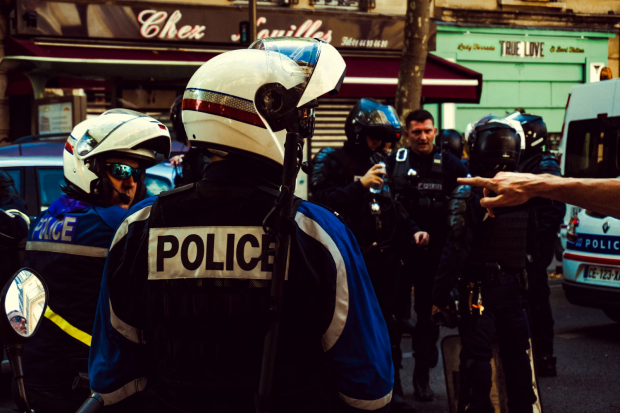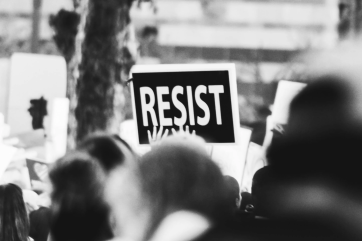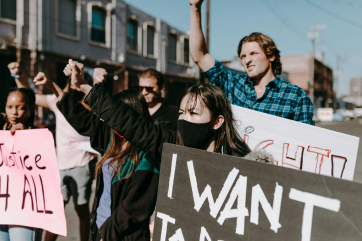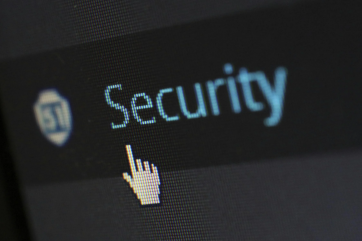Amidst the tranquil academic setting of Stony Brook University, a storm brewed on March 26 as nine individuals found themselves in handcuffs during a pro-Palestinian rally. Initially reported by Newsday, the arrests were made on grounds of allegedly disrupting university activities, sending shockwaves across the campus and beyond.

The Allegations and Backlash
According to reports, the protesters employed a bullhorn and drum to amplify their voices within a university building, prompting campus officials to intervene and make the arrests. However, the swift enforcement of disciplinary measures triggered an immediate backlash from a coalition of nearly 450 students and staff members.
In a joint letter addressed to the university administration, the signatories decried what they perceived as an unjustified crackdown on peaceful protest. The letter condemned the deployment of campus police to quell the demonstration, labeling it as an affront to the fundamental principles of free speech and dissent.
The letter asserted that campus police arresting students for sit-ins and the administration's intolerance of peaceful protests endanger intellectual freedom.
READ ALSO: Appalachian State Faces Backlash Over Firing LGBTQ+ Staff Leaders Without Explanation
Contesting Perspectives: Order vs. Expression
The incident has sparked a contentious debate over the delicate balance between maintaining order on campus and upholding the rights of students to express their viewpoints freely. While university officials maintain that the arrests were necessary to prevent disruptions and ensure the safety of individuals, critics argue that such heavy-handed measures stifle dissent and undermine the university's commitment to fostering an environment of open dialogue.
Critics contend that by resorting to arrests, the university administration is sending a troubling message that dissent will not be tolerated, potentially deterring students from engaging in future activism. Moreover, concerns have been raised about the disproportionate use of force against protesters exercising their constitutional rights.
On the other hand, supporters of the administration's actions assert that while freedom of speech is a cherished value, it must be exercised within the bounds of civility and respect for the rights of others. They argue that allowing protests to escalate unchecked could disrupt the university's core mission of teaching and learning, thus justifying the need for intervention when demonstrations veer into disruptive territory.
Navigating the Fallout: Calls for Transparency and Resolution
As the controversy continues to unfold, stakeholders on both sides of the debate are calling for transparency and accountability from the university administration. Questions linger about the specific circumstances leading to the arrests and whether they were justified in light of the protesters' intentions and actions.
Amid mounting pressure, the university has yet to issue a comprehensive response to the allegations, leaving many within the Stony Brook community clamoring for answers. Calls for the charges against the arrested individuals to be dropped have intensified, with supporters of the protesters demanding justice and accountability for what they perceive as an infringement on their rights.
As tensions simmer, the incident at Stony Brook University serves as a sobering reminder of the complexities inherent in managing dissent and protest on college campuses. Moving forward, the resolution of this controversy will undoubtedly shape the future landscape of student activism and free speech at Stony Brook and beyond.
RELATED ARTICLE: Activist Professors At Columbia And Barnard Under Fire For Alleged Mishandling Of Free Speech Issues








